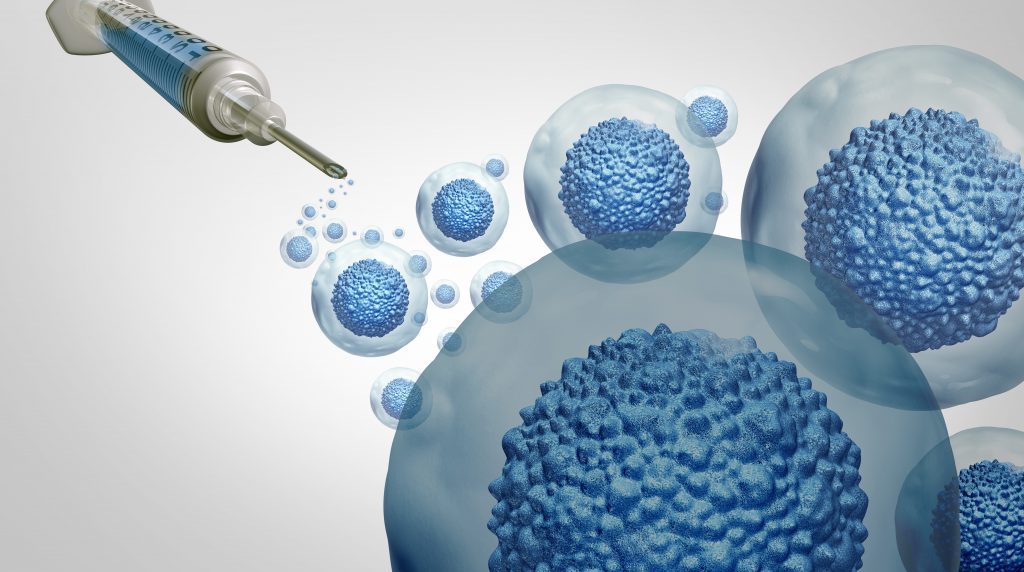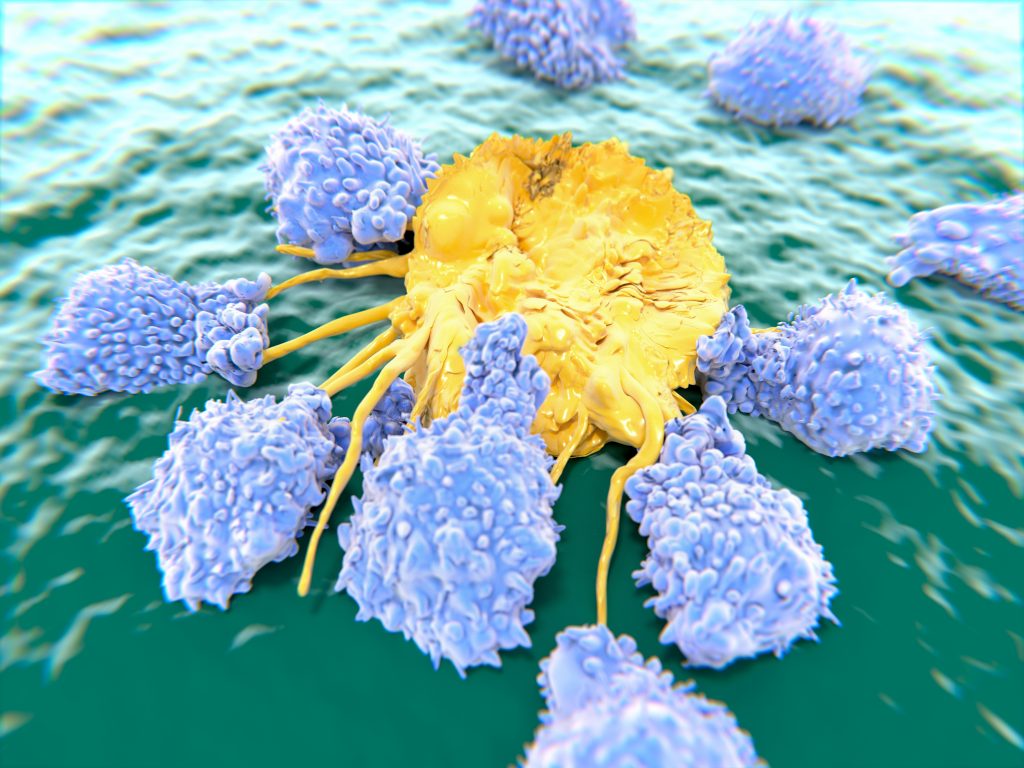3 Most Effective Experimental Types of Cancer Immunotherapy

Over the past few decades, clinical practice has centered around three main types for cancer treatment: surgical removal of the tumor, chemotherapy, and radiation therapy. All these methods are aimed at removing the tumor, reducing its size, or destroying cancer cells. Almost 90% of cancer patients reach the stage of minimal residual disease (MRD) after…
What are Cancer Stem Cells?

To date, cancer stem cells are known mainly to oncologists, although they are crucial in cancer therapy, the prognosis of the disease, and a patient’s chances of recovery. Sequencing the DNA of cancer stem cells from a patient’s tumor sample can provide important information about the patient’s disease, including the likelihood of developing metastases. Until…
Can Immunotherapy Be Effective in Cases of Metastasis?

Some medical terms are equally threatening to medical professionals and laymen alike. “Metastasis” is one such word: even regular patients unfamiliar with biology or medicine know that metastatic cancer is a life-threatening development. Although the prognosis in such a scenario is rather grim, metastasis is still not a death sentence. The next generation of anti-cancer…
What is a Tumor Bank?

The unique therapies used at Biotherapy International are largely based on extensive clinical and research experience. In doing so, accessing intact patient tumor samples is often a decisive advantage in developing advanced personal immunotherapies, particularly anti-cancer vaccines. The only way to gain access to samples that may be obtained during surgery or biopsy is to…
Who Are the Best Candidates for Anti-cancer Immunotherapy?

In countries with a high standard of living, cancer as a cause of death is almost twice as common as cardiovascular disease, which used to top the list of death causes. Yet, cancer is not one single disease, but a group of different cancerous tumors resulting from certain cellular mutations in the human body that…
When is Cancer Immunotherapy Most Effective?

“Cancer” is not a single disease but rather a category of diseases. Therefore, we usually see a great degree of variance when comparing the efficacy of different treatments. In most general hospitals around the world, the first line of cancer treatment is usually a cancer-removal surgery (when possible), followed by chemotherapy. However, this “one size…
Chemotherapy or Immunotherapy: Which is More Effective?

A person with cancer has one wish that trumps all others: to beat cancer and live a long and fulfilling life. Conventional cancer therapies such as surgery, chemotherapy and radiotherapy have proven successful in treating many types of cancer. Unfortunately, they do not always lead to a complete cure for patients, even if remission has…
Natural Killer Cells: A New Anti-Cancer Tool

For the first time in several decades, immunotherapy has opened the gates for an entirely new family of anti-cancer treatments. Radically different from traditional chemotherapy or radiotherapy, anti-cancer immunotherapy encompasses different types of precision medicine and puts the patient’s immune system at work directly against cancer. These treatments can be designed through a handful of…

